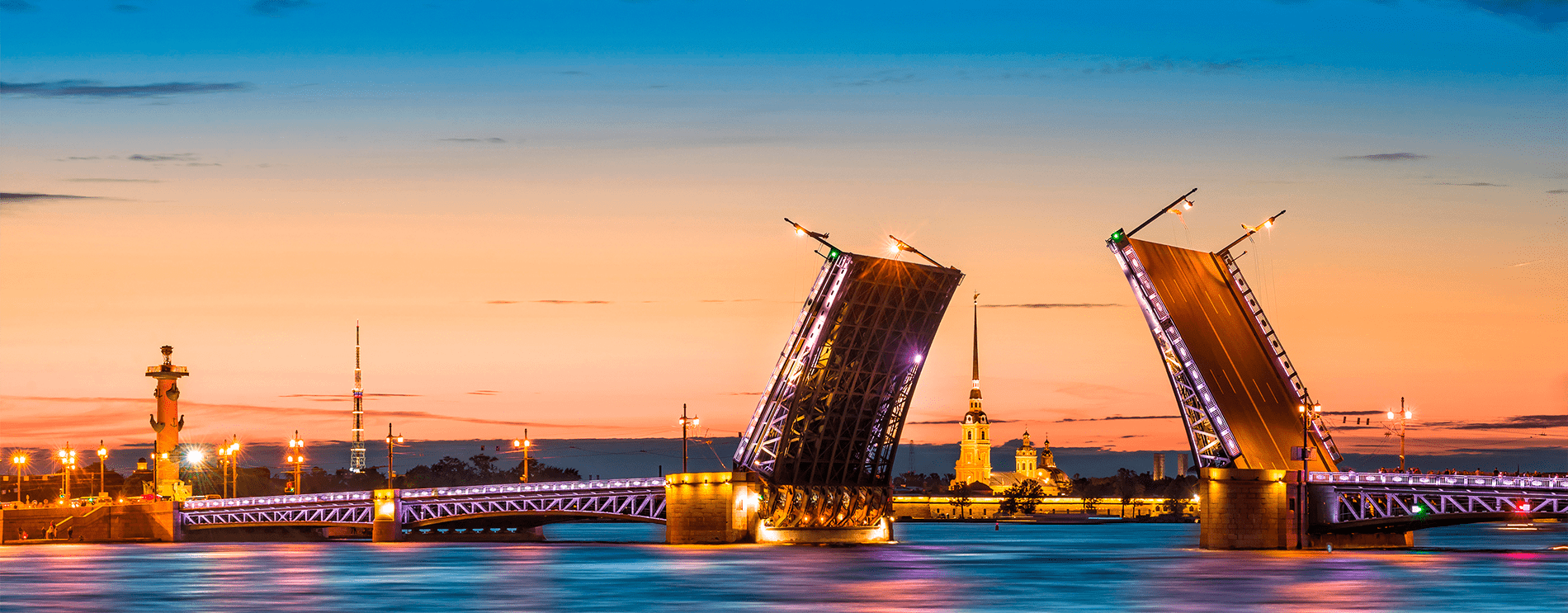Interview with Dr Geoff Smith MBE, IMO Board President
The first and one of the most honoured guests in our virtual studio IMO 2020. We asked a few questions to the President of IMOB Dr. Geoff Smith
When did it become clear that IMO 2020 would not take place as usual and something needed to be changed?
Like most people who are not epidemiologists, I only began to worry about the COVID-19 outbreak in February. I wrote to an old friend and coauthor who is a life scientist to ask him what was likely to happen (by chance he is one of the authors of the recent famous Venus biosignature paper) and he outlined the options. It became clear in March 2020 that the world was experiencing a major health emergency, and I began to think about the consequences for IMO, as well as for my friends and family. As the days went by, it became progressively more clear that a normal IMO in St Petersburg in July was unlikely to be possible.
How ( and why) did the idea of national centres and IMO Commissioners come to mind?
I was involved in the April European Girls’ Mathematical Olympiad as a co-ordinator. The Dutch EGMO organizers were many of the same brilliant team who organized the fabulous IMO 2011 in the Netherlands. When it became clear that a normal EGMO would be impossible, they organized an online event in an amazingly short time, in just a couple of weeks. Their experience informed the design of a virtual IMO 2020.
As EGMO happened, it became clear that the plan to have IMO 2021 in the USA was in trouble. The American funding model was to seek financial support from leading companies, and with the economies of all countries suffering grave disruption, it became clear that we would have to rethink IMO 2021. At the same time, concerns about a July IMO 2020 in St Petersburg began to mount. The problem for IMO 2020 was not funding, it was the global health emergency.
The wonderful Russian organizers of IMO 2020 eventually decided to postpone the event until September 2020.
Back in April and May of 2020, it still seemed possible that the pandemic would be weakened in the Northern hemisphere by the summer, and if we had a hot July and August, then perhaps a normal IMO in St Petersburg might be possible.
As we now know, that did not happen, and eventually we all realized that a normal IMO 2020 was impossible. At that moment there were consultations between the IMO Board and the Russian Organizers, and lot of debate about what to do. There were two main options: run a competition like the online EGMO 2020 (much more informal than usual, and based on trust) or try to run a formal and official IMO, with the results having the full standing of an official IMO. Opinion was divided as to whether or not it was really possible to run an official IMO, but taking sample opinions from parts of the IMO community, it became clear that the students wanted the “real thing”. The St Petersburg IMO organizers and the IMO Board decided to do the brave and difficult thing, and make a real IMO happen, and I commend them for their courage.
Personally I was influenced by the history of the IMO Board. There was an organizational accident which meant that there was no IMO in 1980, so the IMO Board was created to make sure that there was always an IMO every year. I thought that if we did not deliver a proper IMO 2020, then we would be failing our central purpose.
The question was then, how could we create a real but virtual IMO? We needed to recreate the conditions to guarantee the integrity of the competition. Thus the ideas of Exam Centres, Commissioners and remote Invigilation came to mind.
Everyone worked with huge energy. In particular, I must mention Matjaz Zeljko, our IT specialist from Slovenia. He worked (with his son) to create a new set of software to make possible a remote IMO.
How was the recruitment of IMO Commissioners, and who are they?
Recruiting Commissioners was a complicated process. However, we finished doing this with about a week to spare. It is a tribute to the human spirit that we were able to recruit volunteers (none of these people are paid) in all participating countries to step forward and ensure the integrity of IMO 2020. We have people from all sorts of backgrounds, with most (but not all) having a prior connection with mathematics. I hope very much that they enjoy the experience. So many people are helping us in so many cultures. We have cause to be hugely grateful.
What do you expect from IMO 2020 (fears, hopes)?
I hope that the goodwill that everyone is showing will make IMO 2020 a great success. I am very confident that the experienced parts of IMO will work well. For example, it is clear that the superb Russian IMO community will come together and produce an amazing Problem Selection Committee, and give us great papers. I am also very confident that the people producing the online social programme will do a fantastic job.
My biggest concern is the delivery of the IMO IT process; both on contest days but also coordination. The fact that the people doing all this are so talented provides some reassurance. However, IMO 2020, like life itself, is unrehearsed, and something might go wrong. The only thing to do is to put fear of failure aside, and trust that the IMO community, and its friends, will make IMO 2020 a triumph.
As for IMO 2021, we have a cunning plan! As I said in the Opening Ceremony, see you on the other side!


